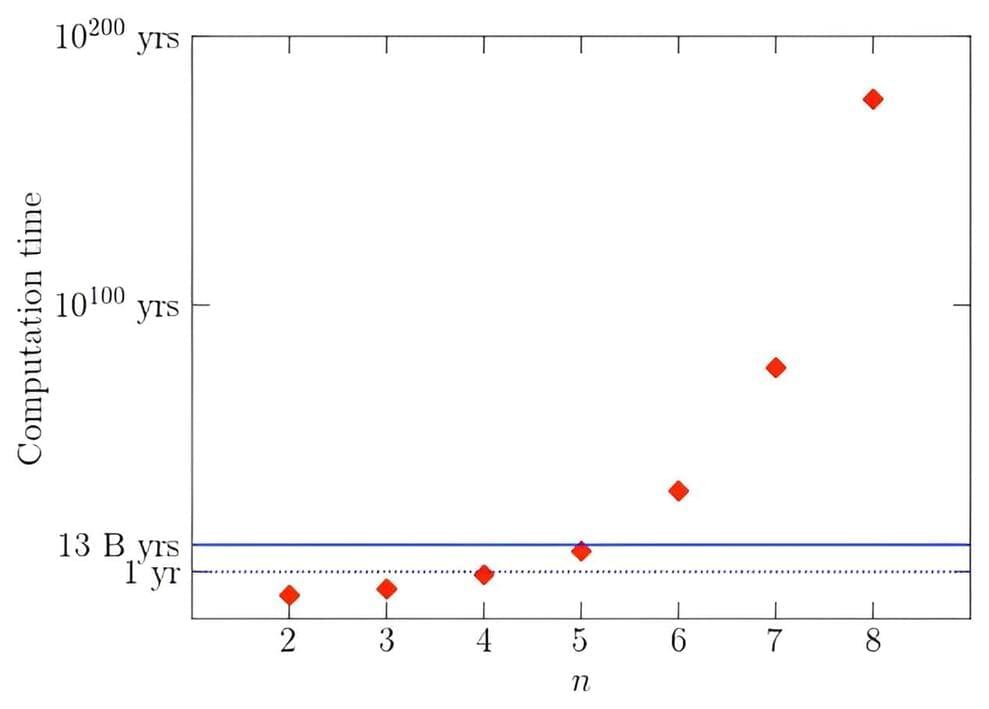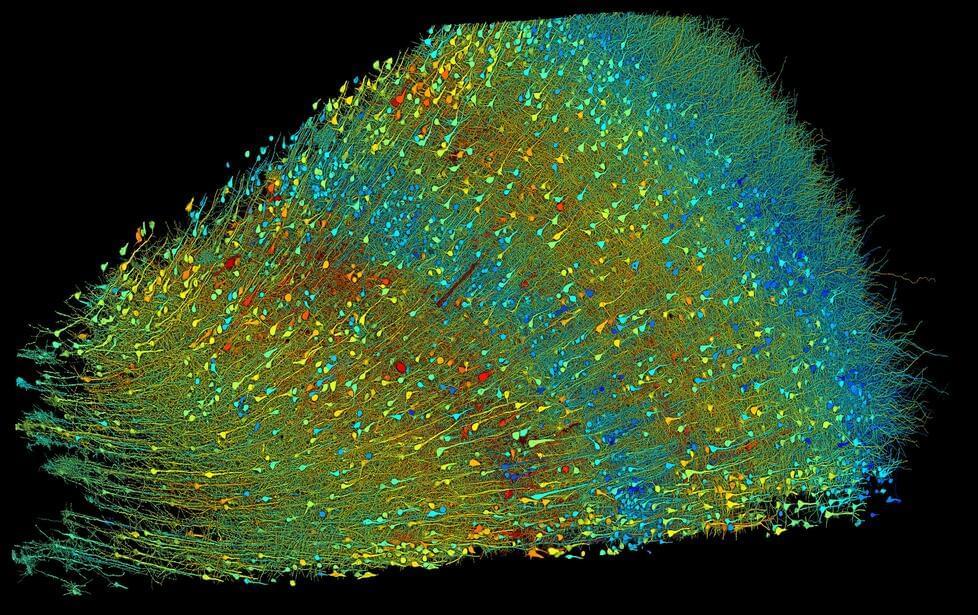Researchers have succeeded in developing a technique to quickly search for the optimal quantum gate sequence for a quantum computer using a probabilistic method.



“This study has given us an historical picture of how the emerging modern reef responded to huge environmental stress,” said Dr. Jody Webster.
What events caused the Great Barrier Reef to become what it is today, specifically over the course of the last six to eight thousand years, or just after the last Ice Age? This is what a recent study published in Quaternary Science Reviews hopes to address as a team of international researchers conducted an in-depth scientific analysis on various aspects of the Great Barrier Reef to ascertain the environmental factors that contributed to the Reef’s present conditions. This study holds the potential to help scientists better understand how reefs evolve over time and the environment’s role in their evolution.
For the study, the researchers drilled almost two dozen coral samples and analyzed them using a variety of methods, including computer tomography, scanning electron microscopy, and X-ray diffraction to ascertain yearly growth patterns within the coral samples. In the end, they determined that environmental factors, including increased water temperatures, ocean turbulence, and rising sea levels, led to increased nutrients, which contributed to the growth of the Great Barrier Reef, and is consistent with previous studies.


Not ideal!
In January, multi-hyphenate billionaire Elon Musk announced that his brain-computer interface startup Neuralink had successfully implanted a wireless brain chip into a human subject for the first time.
Over the next couple of months, 29-year-old Noland Arbaugh was shown moving a cursor with his mind, playing Civilization VI and even a fast-paced round of Mario Kart.
But as the Wall Street Journal reports, there have been complications behind the scenes. After it reached out to Neuralink, the company conceded in a blog post that there have been issues with the implant.

Reconstruction of 1 mm3 of human brain (at 1.4 petabytes of EM data) published by @stardazed0 (@GoogleAI) & Lichtman lab.
Paper: https://science.org/doi/10.1126/science.adk4858
Blog:
Marking ten years of connectomics research at Google, we are releasing a publication in Science about a reconstruction at the synaptic level of a small piece of the human brain. We discuss the reconstruction process and dataset, and we present several new neuron structures discovered in the data.

Since superfluid light exists in computers I think frankly we may already solve the theory of everything because the missing piece is infinity in all things which solves all future problems.
Thinking of spacetime as a liquid may be a helpful analogy. We often picture space and time as fundamental backdrops to the universe. But what if they are not fundamental, and built instead of smaller ingredients that exist on a deeper layer of reality that we cannot sense? If that were the case, spacetime’s properties would “emerge” from the underlying physics of its constituents, just as water’s properties emerge from the particles that comprise it. “Water is made of discrete, individual molecules, which interact with each other according to the laws of quantum mechanics, but liquid water appears continuous and flowing and transparent and refracting,” explains Ted Jacobson, a physicist at the University of Maryland, College Park. “These are all ‘emergent’ properties that cannot be found in the individual molecules, even though they ultimately derive from the properties of those molecules.”
Physicists have been considering this possibility since the 1990s in an attempt to reconcile the dominant theory of gravity on a large scale — general relativity — with the theory governing the very smallest bits of the universe—quantum mechanics. Both theories appear to work perfectly within their respective domains, but conflict with one another in situations that combine the large and small, such as black holes (extremely large mass, extremely small volume). Many physicists have tried to solve the problem by ‘quantizing’ gravity — dividing it into smaller bits, just as quantum mechanics breaks down many quantities, such as particles’ energy levels, into discrete packets. “There are many attempts to quantize gravity—string theory and loop quantum gravity are alternative approaches that can both claim to have gone a good leg forward,” says Stefano Liberati, a physicist at the International School for Advanced Studies (SISSA) in Trieste, Italy.

Neuralink’s first human patient has become so adept at using the company’s brain implant that he can now beat other players at video games.
On Wednesday, Elon Musk’s company provided a progress update on Noland Arbaugh, who received a brain implant in January that lets him remotely control the cursor on a laptop.
In March, Neuralink revealed that Arbaugh was using the implant to play games including Chess, Civilization VI, and Mario Kart. In Wednesday’s update, the company reported that Arbaugh’s use of the implant has only improved over time.


A quantum bit inspired by Schrödinger’s cat can resist making errors for an unprecedentedly long time, which makes it a candidate for building less error-prone quantum computers.

A powerful new idea about how the laws of physics work could bring breakthroughs on everything from quantum gravity to consciousness, says researcher Chiara Marletto